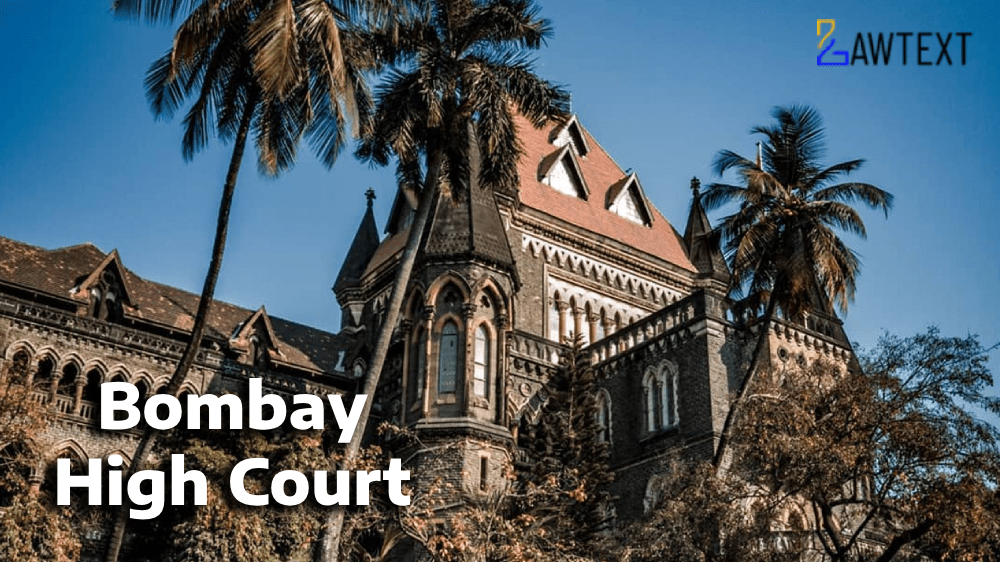Double Jeopardy Protection: Prosecution Quashed in Light of Conviction Under Factories Act. A prosecution under the IPC for negligence was quashed, citing Article 20(2) of the Constitution and Section 300 of the CrPC after conviction under the Factories Act for the same incident.

CASE NOTE & SUMMARY
The Bombay High Court quashed an FIR against the applicant for negligence under the IPC, holding that prosecuting him under the IPC after a conviction under the Factories Act for the same incident violated the principle of double jeopardy. The Court emphasized that both statutes dealt with the same facts, and the applicant could not face dual prosecution.
Acts and Sections Discussed:
- Factories Act, 1948 - Section 92 (General Penalty for Offenses)
- Indian Penal Code, 1860:
- Section 285 (Negligent conduct with respect to fire or combustible matter)
- Section 287 (Negligent conduct with respect to machinery)
- Section 337 (Causing hurt by act endangering life or personal safety of others)
- Section 338 (Causing grievous hurt by act endangering life or personal safety of others)
- Code of Criminal Procedure, 1973 - Section 300 (Person once convicted or acquitted not to be tried for the same offense)
- Constitution of India - Article 20(2) (Protection against double jeopardy)
Introduction (Paras 1-3):
- FIR Details: The applicant, a manager at Pidilite Industries Ltd., faced an FIR registered under IPC Sections 285, 287, 337, and 338 due to an incident involving a machine fire that injured a worker.
- Factories Act Proceedings: The applicant had already pleaded guilty under Section 92 of the Factories Act and paid fines, including compensation to the injured workers.
Incident Description (Para 4):
- The incident occurred due to overheating in a closed SRP system, leading to a machine fire that caused injuries to a worker. The FIR held the applicant responsible for negligence.
Applicant's Arguments (Paras 6-8):
- Double Jeopardy: The applicant argued that being prosecuted under both the Factories Act and IPC for the same incident was a violation of Article 20(2) of the Constitution and Section 300 of the CrPC.
- Legal Precedents: The applicant cited judgments (e.g., T.P. Gopalakrishnan v. State of Kerala and Mallikarjun K. v. State of Karnataka) to argue against dual prosecution.
Respondent's Arguments (Para 9):
- The State contended that the IPC offenses were distinct and could be prosecuted separately, as their ingredients differed from those under the Factories Act.
Court's Analysis and Ratio (Paras 12-21):
- Overlapping Offenses: The Court noted that the ingredients of offenses under the Factories Act (Section 92) and IPC (Sections 285, 287, 337, and 338) were identical.
- Double Jeopardy Principle: Referring to Article 20(2) and Section 300 of the CrPC, the Court held that prosecuting the applicant again for the same act constituted double jeopardy.
- Legal Precedents: The Court relied on previous judgments to reinforce that dual prosecution arising from the same facts was impermissible.
Decision (Paras 22-24):
- FIR Quashed: The FIR under IPC Sections 285, 287, 337, and 338 was quashed.
- Reasoning: The Court held that continuing the prosecution under IPC after conviction under the Factories Act was not legally sustainable and violated the applicant's fundamental rights.
Subjects:
The judgment addresses double jeopardy under Article 20(2) of the Constitution of India and Section 300 of the CrPC in a case involving overlapping prosecutions under the Factories Act, 1948, and the Indian Penal Code (IPC).
- Double Jeopardy
- Factories Act
- Negligence
- Criminal Law
- Fundamental Rights
Citation: 2024 LawText (BOM) (11) 210
Case Number: CRIMINAL APPLICATION NO. 639 OF 2019
Date of Decision: 2024-11-21
Case Title: Ajeet Vikram Bahadur Singh Versus The State of Maharashtra
Before Judge: M. S. KARNIK AND DR. NEELA GOKHALE, JJ.
Advocate(s): Mr. Sujit B. Shelar, for the Applicant. Smt. Anamika Malhotra, APP for Respondent-State.
Appellant: Ajeet Vikram Bahadur Singh
Respondent: The State of Maharashtra

